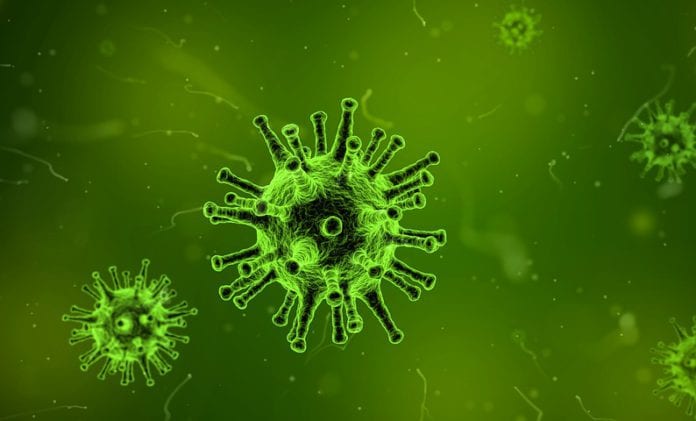NUI Galway and DCU are working together on a nationwide survey of the impact the coronavirus pandemic is having on people’s daily lives.
The Corona Citizens’ Science Project is an anonymous online survey seeking to understand how people are dealing with the coronavirus pandemic and the restrictions which have been imposed to fight it.
The survey asks different ways in which people’s lives have been disrupted at home and at work, their childcare arrangements, and their physical and emotional wellbeing.
The project is a collaboration between NUI Galway, Dublin City University, and the Insight Centre for Data Analytics, which is based out of NUIG.
Dr Vera Vellinga, Epidemiologist at NUIG and joint research lead, said that the response of Irish people to the restrictions imposed has been great so far. But the question is, what toll have they taken?
“This is an opportunity for the Irish people to let us know how we can help. We are calling on everyone to fill out the survey and share the link. We need your help.”
The survey asks about the impact of measures imposed at different stages of the crisis, starting from the ‘Containment Phase’ (February 29); the ‘Delay Phase’ following the March 12 closure of all schools, colleges and childcare facilities; and the nationwide lockdown which began on March 27.
The findings will be used to contribute to informing the government response to the pandemic and to also assist in planning future measures for COVID-19 and beyond.
“This is a unique opportunity for all Irish people to shape our Government’s response to this unprecedented crisis, and start the long journey back to a more normal life, as the pandemic recedes,” Professor Anthony Staines of DCU.
The survey went live today, and people who want to take part can do so at www.nuigalway.ie/corona-study/.
The Corona Citizens’ Science Project follows a similar study carried out in Belgium by the University of Antwerp.
Their survey was carried out over three separate occasions starting on March 17, and gathered over 1.5 million responses.
Key takeaways from it are that 32% of respondents had trouble concentrating; 30% were sleeping less and 42% felt under more pressure.
As the weeks progressed, the research team found that all of these levels were going up.










